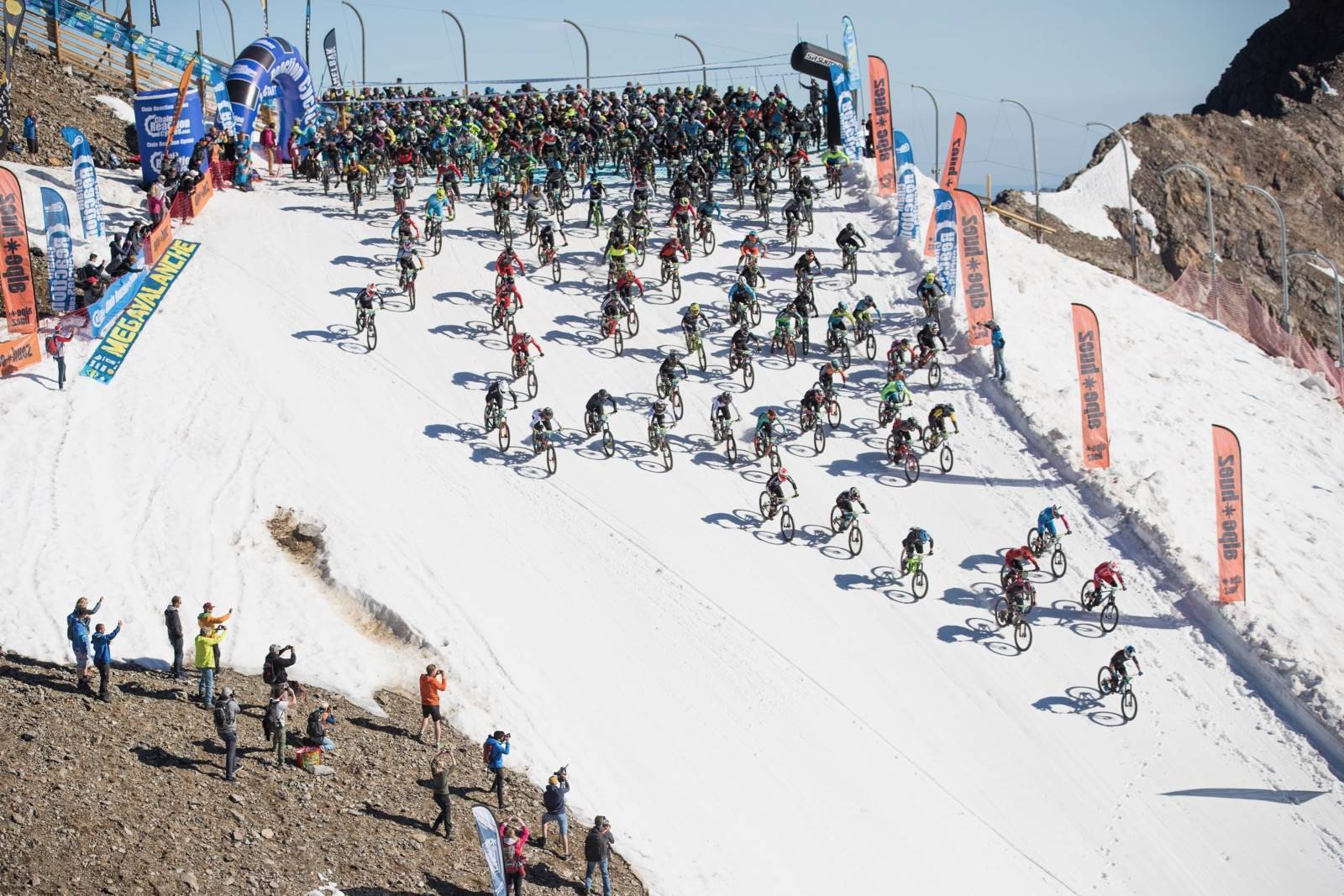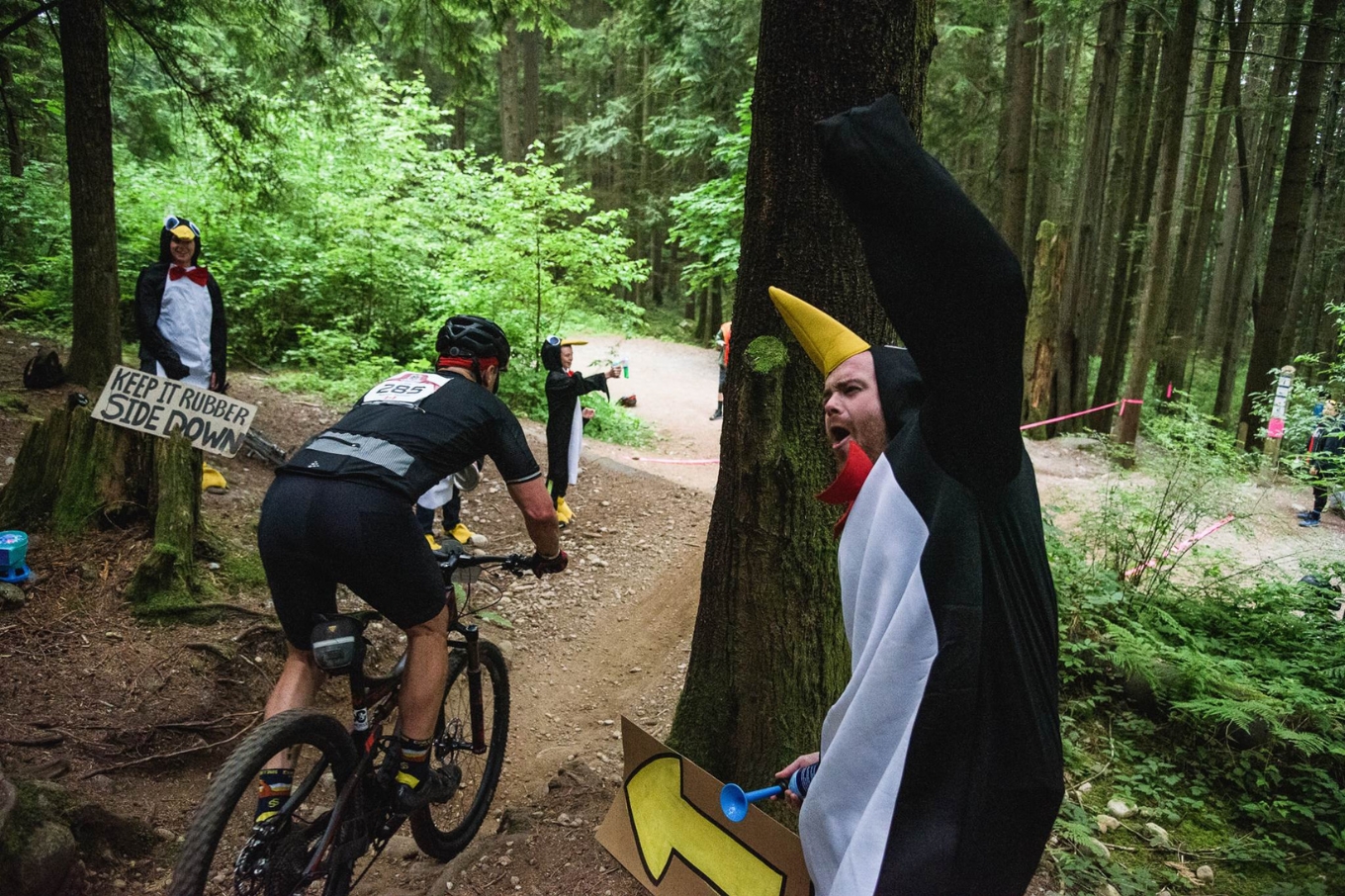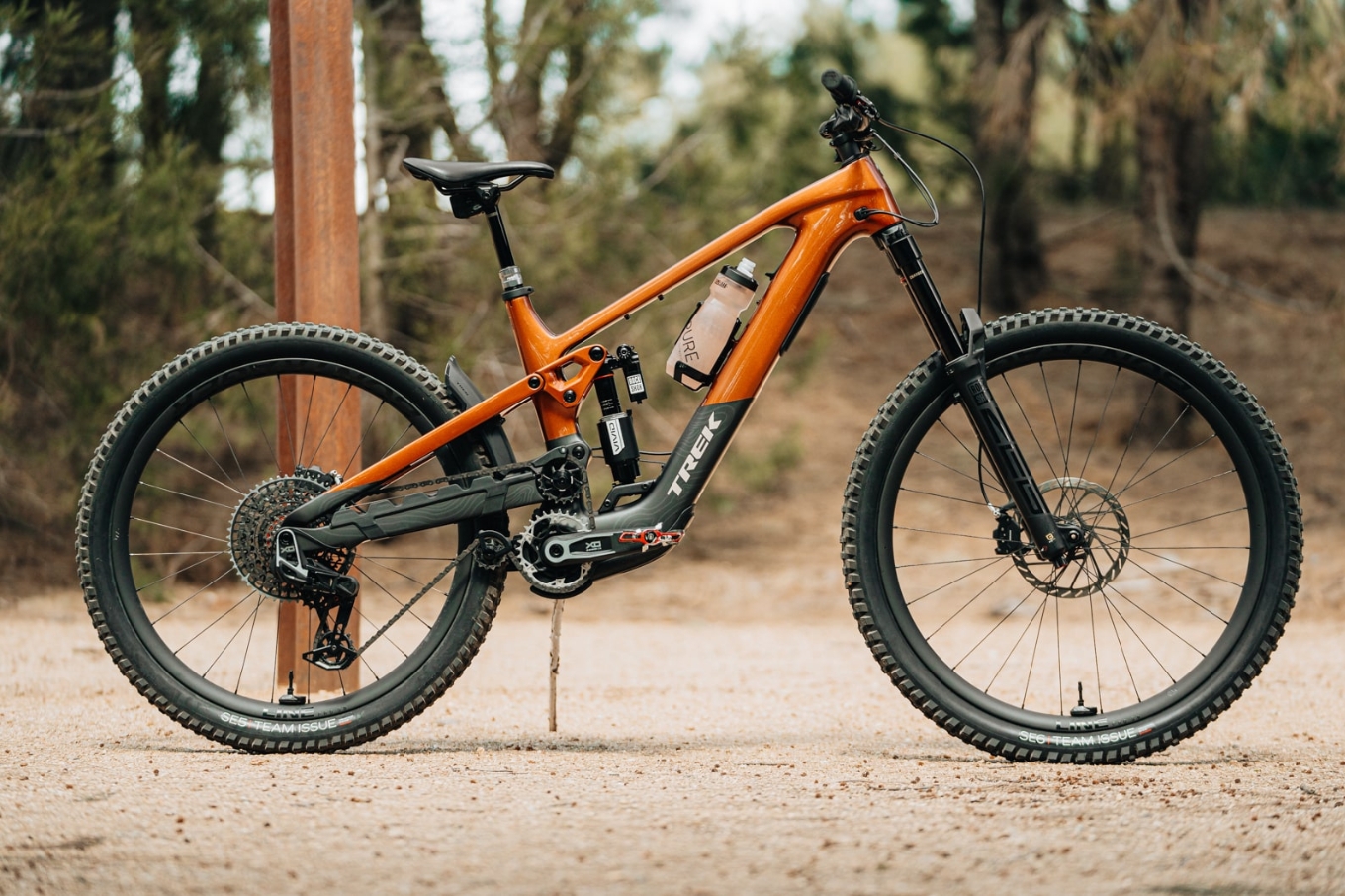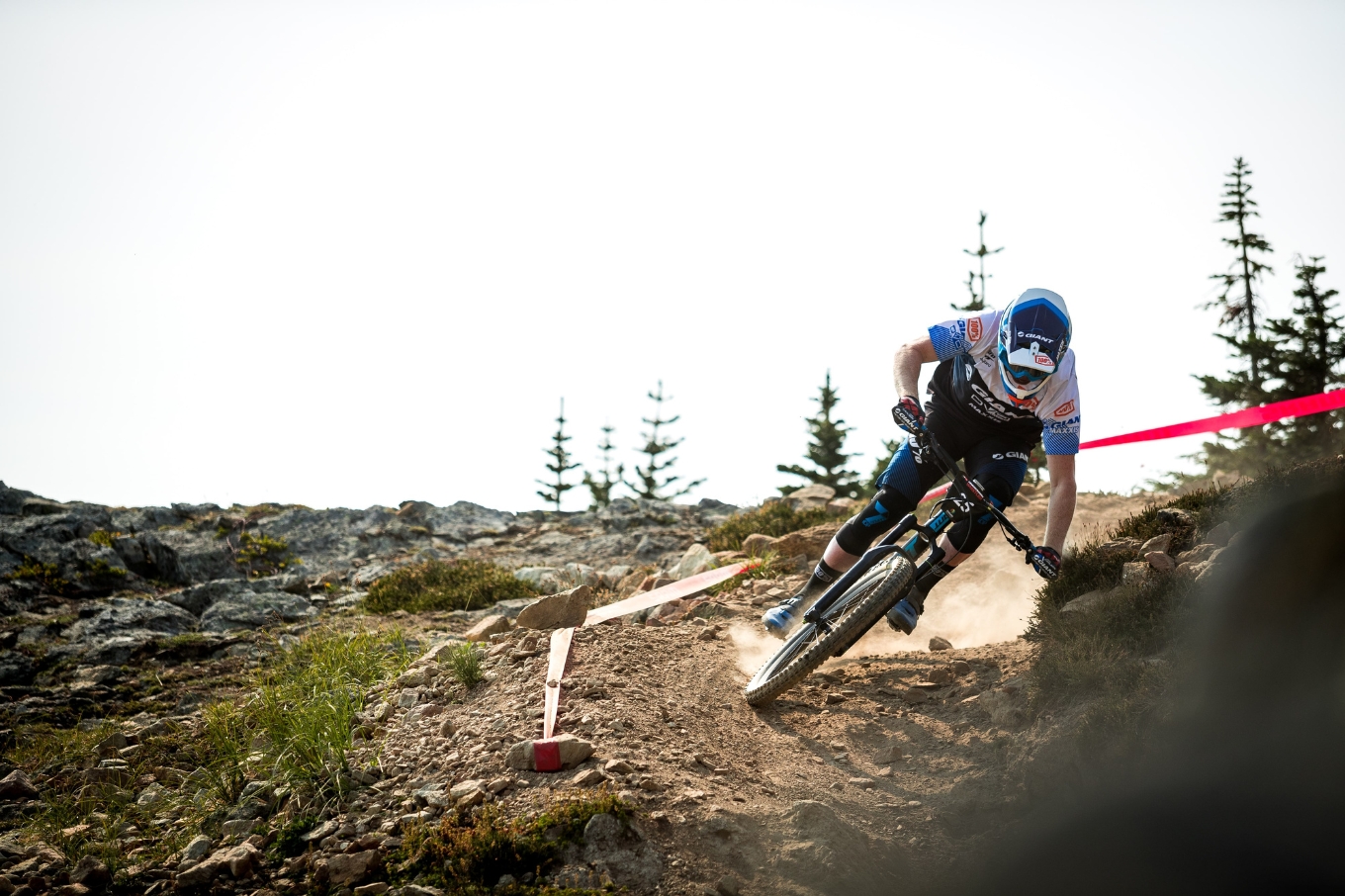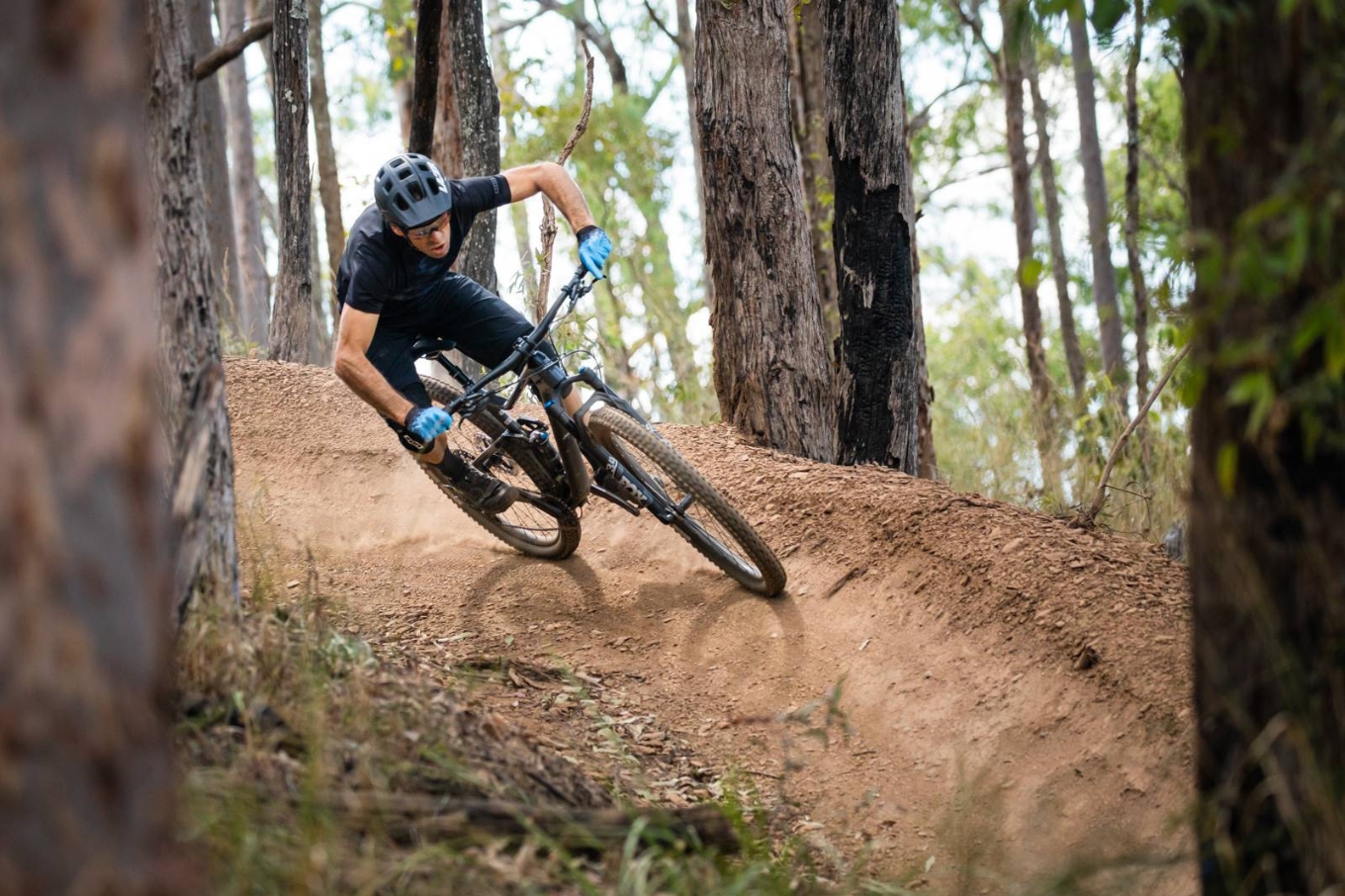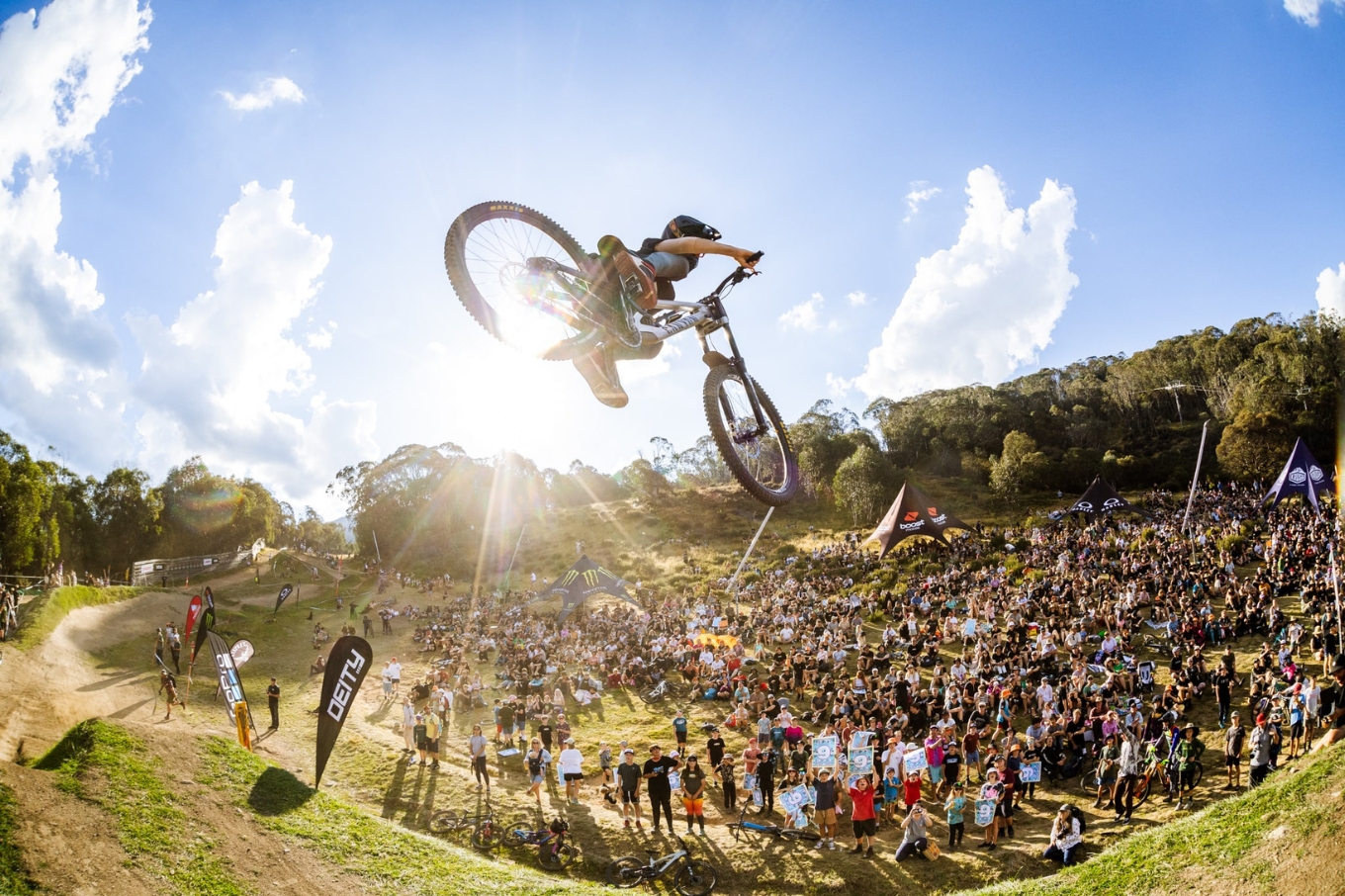Prepare for… Megavalanche
Prepare to tackle one of the most extreme MTB events with these tips!
Words: Chris Panozzo Photos: Dominic Hook
Can you be prepared enough? Short answer, no.
This is a bucket list race, so with that in mind you can never be too prepared. You will be in the mix with up to four thousand other riders throughout the week and while there are copious amounts of help within the village from traders and shops, you will need to be prepared.
The Basics
Megavalanche has become a week-long destination trip, and it’s worth it. If you get the full entry at approximately $200 Australian you get a 7-day lift pass, that’s serious value. There is a big entry pack full of goodies, lunch after your qualifying heat on Friday and depending on your result, lunch after racing on Saturday or Sunday. Bargain. These are all minor things you can find out on the website though, along with what to do should you want a rest from 7 days straight riding, but really who cares about that. If you are going you will be riding until you can’t move.
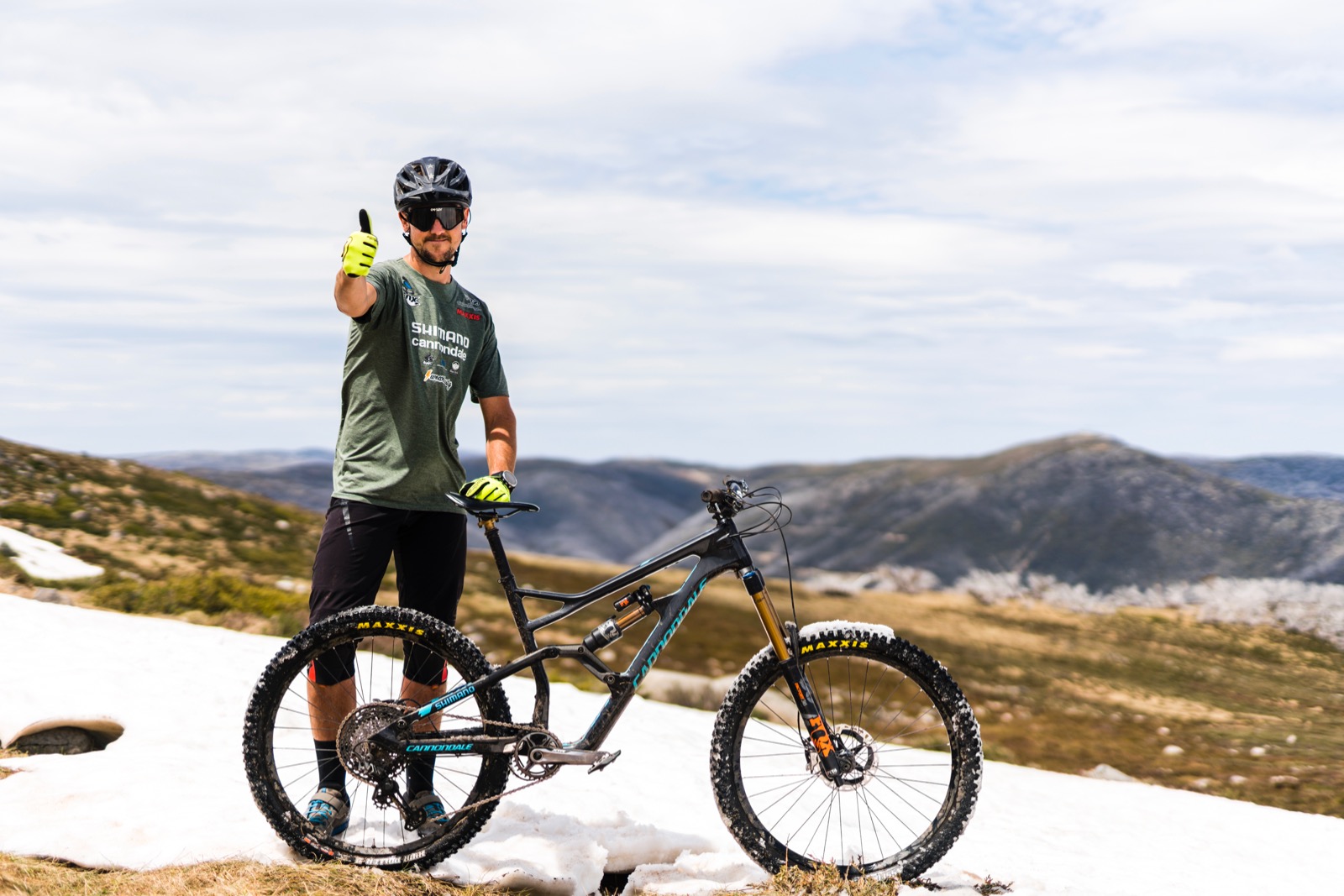
Flying in from Australia makes smart packing essential, you have limited space and weight which normally means you agonise over what to take. Follow these tips and you will at least feel confident on paper that you have things covered. Alpe d’Huez is one of the most famous cycling destinations in the world, most known for its famous road climb in late July (Le Tour), early July brings thousands to ride its insane peaks of snow and dirt.
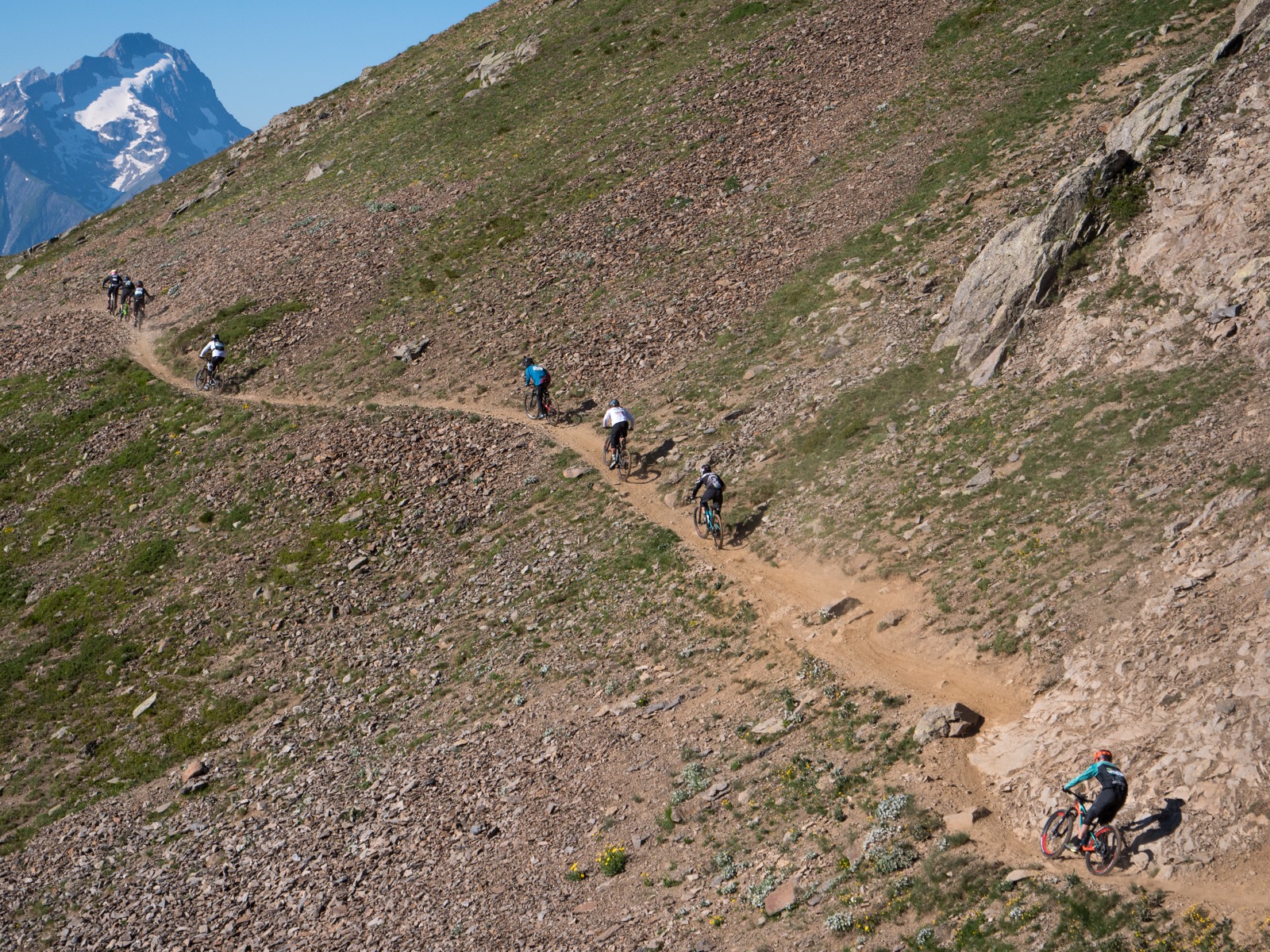
Located toward the Italian border side of France, your holiday will most likely take you other places than just this race, so I will leave out what airports and hotels are close by or best to hit up, other than to say fork out the extra few dollars and get the half board option on offer at nearly every lodge in Alpe d’Huez, having breakfast and dinner taken care of by someone else will make your week that much more enjoyable, and the price is only marginally different to room only.
The 2019 Megavalanche will be held between 8-14 July – more info HERE
The real important information to know before entering is enter early! The earlier you enter the better grid position you get for your heat. You can state your credentials in the hope that they place you near the front, but keep in mind there are up to 4000 others that are doing the same. The last thing to mention is not to get overawed by the experience, Aussies are quick so enjoy yourself and give’em hell!
A few top tips to stay out of trouble prior to your races
- Study the track maps as you will race two separate tracks, one for qualifying and one for the main event.
- Build into the week, enjoy yourself but remember not to be cooked by day 3.
- Smile politely and ignore. There will be a lot of advice given by everyone you talk to, some will be good, most will be very bad. Figure out your game plan and don’t worry what everyone else is up too.
- Enjoy the beers but remember you’re at altitude, your normal ratio will be thrown, for every 1 beer you have it will feel like 5 the next morning.
- Everyone races for keeps: There is no “gentlemen’s agreement“ here, people will ride over your head if they get the chance, stay out of trouble where you can. Trust no-one, especially on the snow.
- The French and British don’t consider it cheating when they ride over or through bunting to get ahead, speaking from personal experience. The general rule is everything is fair game if it’s not bunted.
The Checklist
- Downhill tyres only: Plain and simple, if you ignore this advice you will hate life, if you are travelling with someone who doesn’t want to take DH tires, leave them at home.
- Strong wheels with aluminium rims! You can always bend back rim strikes if you get desperate, there is a lot of rock on the mountain and each one seems like a magnet aimed at your wheels. If you can pack a spare rim, it’s worth it.
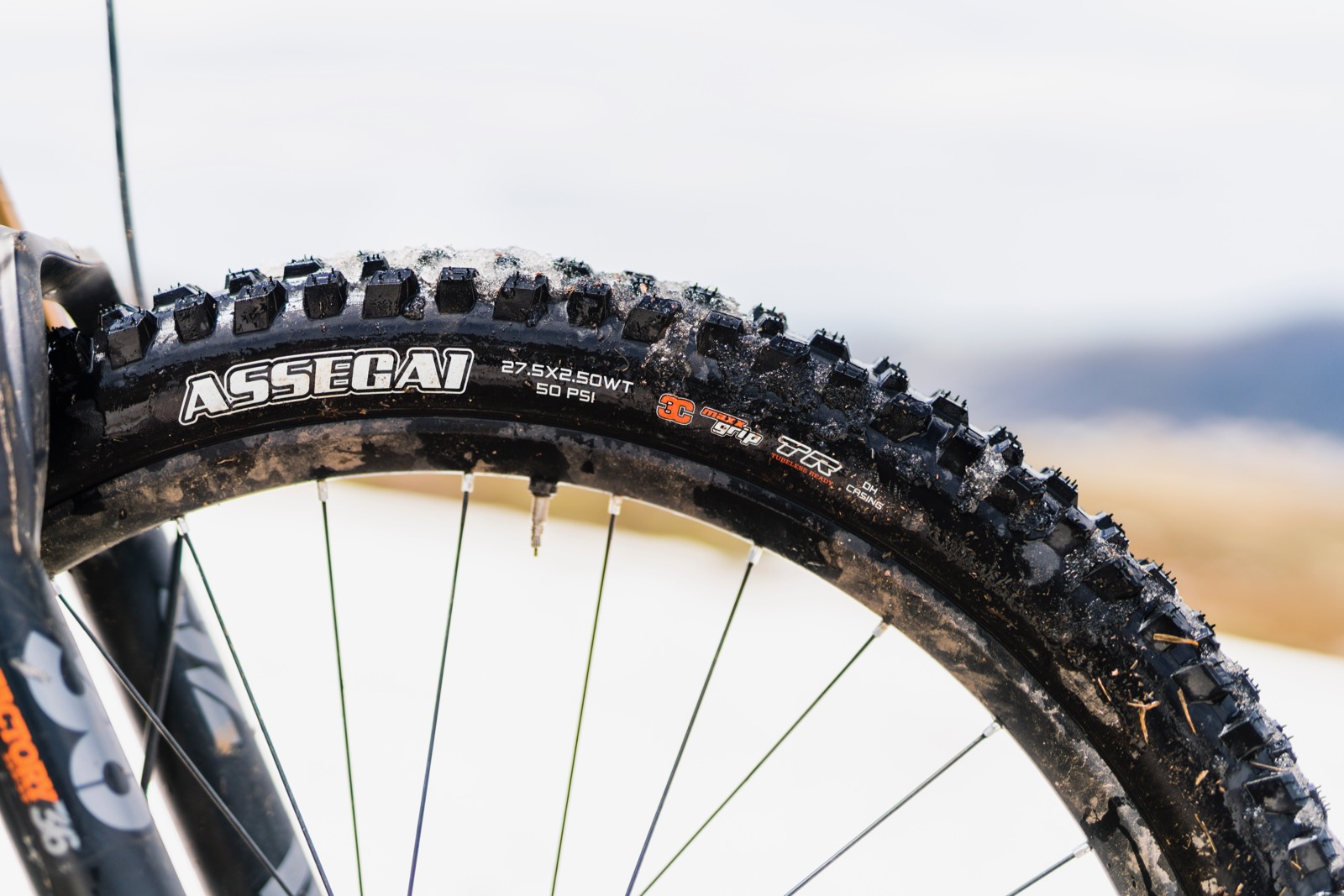
- Big Travel: Minimum travel would be 150mm to get the most out of the week, in saying that be prepared to be passed by random Frenchies on what appear to be supermarket bikes.
- Powerful brakes and spare brake pads: These are self-explanatory, your week will suck if underestimate this.
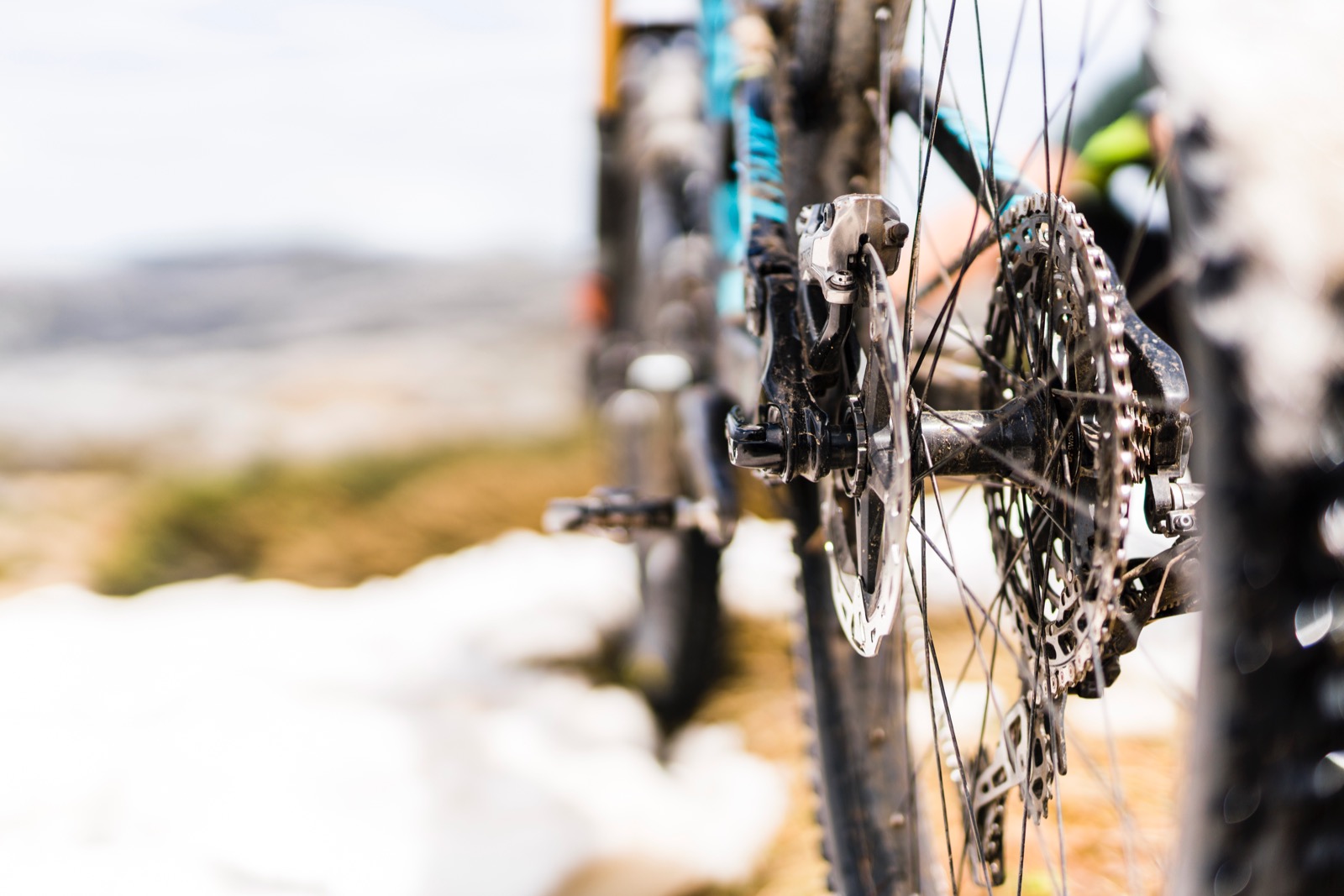
- A good dropper post: Don’t be fooled by the all the descending, you will need a good dropper as there is a lot of pedalling mixed in with all the descending.
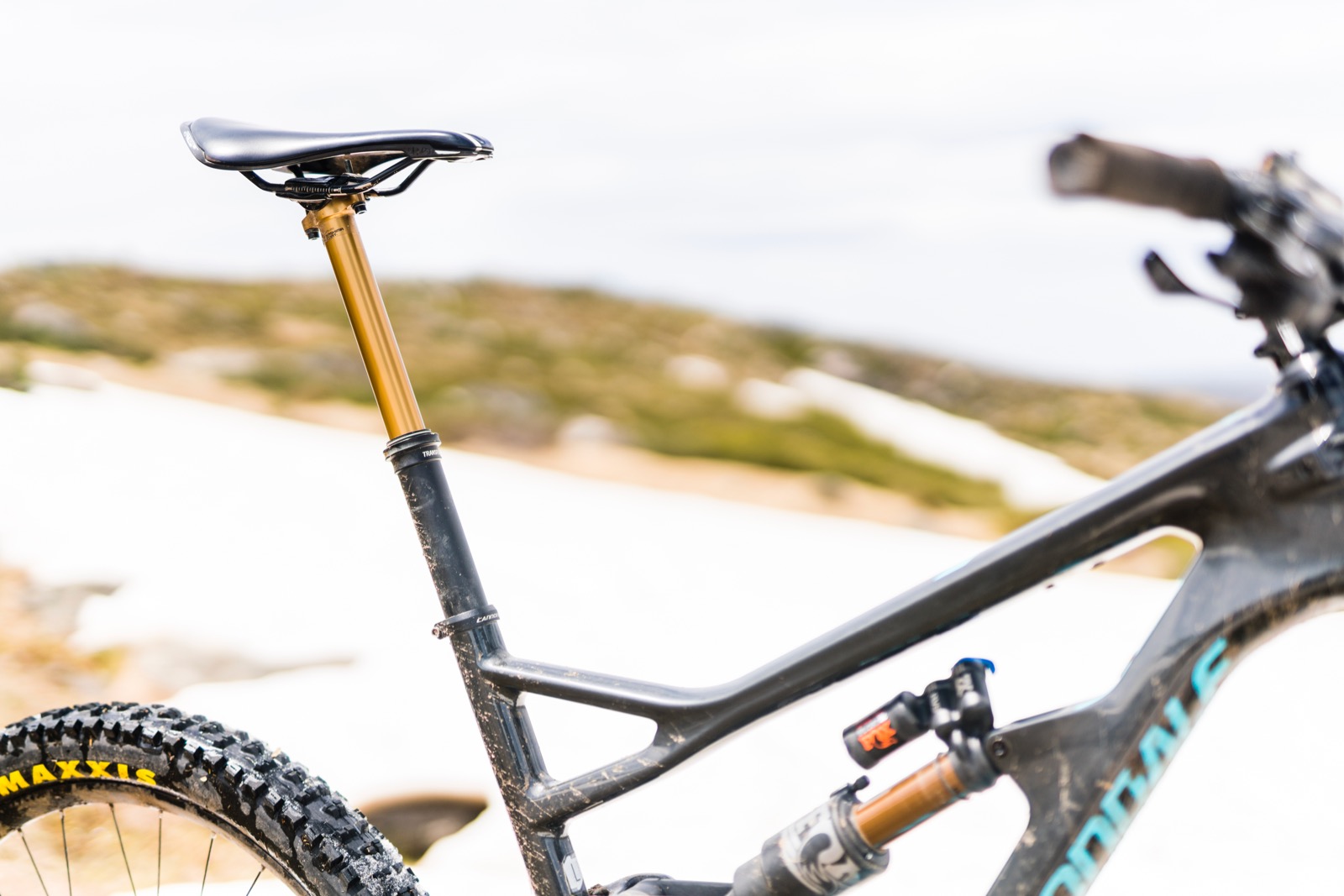
- Fresh grips: Your hands will not be used to the pain you are about to introduce them to, fresh grips really do help.
- Mud Guard: The weather can change at any second and when it rains in the alps, it rains!
- Full face helmet: Compulsory. Enough said.
- Pack plastic pants: If it’s wet and cold, your arse will thank you.
- Hand warmer heat packs: These cheap, simple packets fit inside your gloves or shoes and are the best things ever for alpine riding during practice. Open the packet, shake the bag which sets off a chemical compound and provides a slow burn heat pack for up to 8 hours, slip them in your gloves during the gondola rides or while in the snow. You will thank me.

